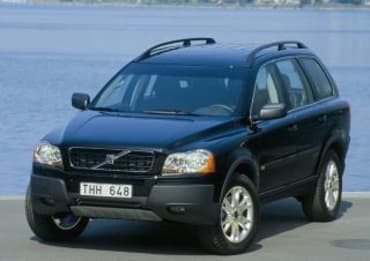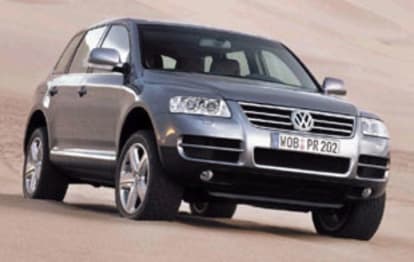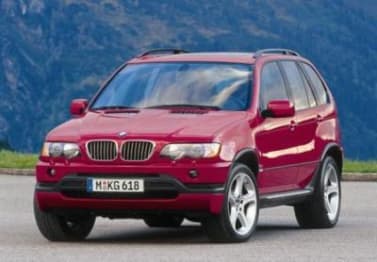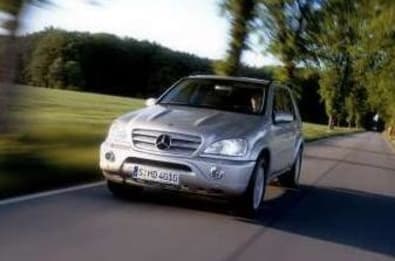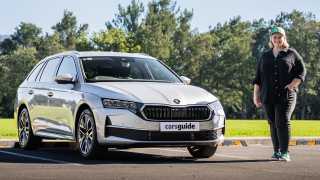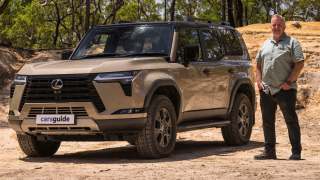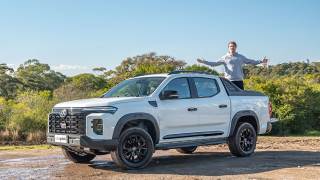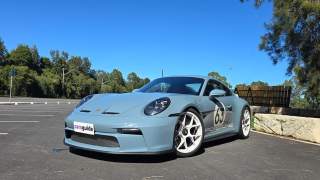
Used Volvo XC90 review: 2003-2012
- Volvo XC90
- Volvo XC90 2006
- Volvo XC90 2007
- Volvo XC90 2008
- Volvo XC90 2009
- Volvo XC90 2003
- Volvo XC90 2004
- Volvo XC90 2005
- Volvo XC90 2010
- Volvo XC90 2011
- Volvo XC90 2012
- Volvo XC90 Reviews
- Volvo Reviews
- Volvo SUV Range
- SUV
- Volvo
- Used Car Reviews
- Prestige & Luxury Cars
- Family Cars
- 7 seater

What we like
- Generous dimensions means it's got a roomy cabin
- Safe
- All models are generously equipped
What we don't
- Feels a bit slow and ponderous on the road
- Earlier automatic transmissions were four-speed
What we like
- Generous dimensions means it's got a roomy cabin
- Safe
- All models are generously equipped
What we don't
- Feels a bit slow and ponderous on the road
- Earlier automatic transmissions were four-speed
The XC90 is Volvo's entry in the top-end SUV race, a race in which it is pitted against the likes of the BMX X5, Mercedes-Benz ML and Audi Q7.
New
It arrived here in 2003 and has become a top-selling model for the Swedish carmaker, accounting for a large slice of the company's business in Australia.
Apart from some minor facelifts and a few specification changes it remains little unchanged in the time it's been on the local market.
It must be said that the XC90 is a big vehicle, and that shows up on the road where it feels slow and ponderous, but its generous dimensions means it's got a roomy cabin with the space to accommodate up to seven.
It's inside that the XC90 shines, with a flexible seating arrangement and a pleasant ambience. There's enough adjustment in the seat and steering column for everyone to find a comfortable driving position, and its 2-3-2 layout gives a flexibility of seating and luggage arrangements. The second seat slides and folds, and has a central child booster seat; the third seat is a bit of a squeeze for adults, but fine for kids.
There's a wide choice of engines on offer, starting with the 2.5-itre five-cylinder turbo and 2.9-litre six-cylinder twin-turbo in the early models, through to the 3.2-litre six-cylinder and 4.4-litre V8 of the later ones. Mixed in there from 2006 is a 2.5-litre five-cylinder turbo-diesel.
All come with automatic transmissions, from a four-speed early on to a six-speed in the later offerings. They all also have on-demand four-wheel drive, which starts out as a front-wheel driver until wheel slip is detected at the front wheels when a portion of the drive is sent to the rear wheels.
The XC90 is not a hard-core off-roader it's conceived as a safe all-wheel driver for on-road use, but with decent ground clearance and a competent all-wheel drive system it will cope with the sort of off-roading the average owner wants to do. All models are generously equipped with the features most owners want in a luxury car.
Now
You don't normally expect to find an XC90 that has been used extensively off-road, but it's still worth looking for the telltale signs of off-road use. If you don't have access to a hoist get down on your knees and take a look underneath, particularly looking for any underbody damage.
It's best to walk away from a car you suspect has been used for more than just the odd cruise down a dirt road. Early models can be expected to have as many as 220,000 km on them by now, which makes it doubly important to conduct a thorough check.
All cars require regular maintenance, so check for a service record. Skipped services don't necessarily cause problems in a relatively new car, but they can come back to bite you later one as the car ages. Sludge can build up and eventually starve the engine of its life-giving oil supply.
Cam timing belts need to be changed at 10 year or 150,000 km intervals, so early should have had a belt change at least once.
Thoroughly check the automatic transmission. Put it through as many different driving situations as you can think of and note any harshness, reluctance to shift, flaring etc. If you're not sure have an automatic transmission specialist check it for you.
The XC90 is packed with electrical features, so it's worth going through all of them to make sure they're working. Air-conditioning is one that owners say is vital to check. It's also a heavy vehicle and that will have an impact of tyres and brakes, so expect to be replacing them more frequently than you might on other, lighter vehicles.
When test-driving an XC90 take note of any pulsation through the brake pedal, it could mean the brake rotors need replacing.
A good choice if you want space, comfort and refinement.
Pricing
| Year | Price From | Price To |
|---|---|---|
| 2012 | $10,230 | $20,570 |
| 2011 | $8,910 | $18,480 |
| 2010 | $7,810 | $19,030 |
| 2009 | $6,050 | $17,380 |
| 2008 | $5,940 | $13,970 |
| 2007 | $5,940 | $11,220 |
| 2006 | $5,500 | $11,220 |
| 2005 | $4,730 | $9,680 |
| 2004 | $4,730 | $8,250 |
| 2003 | $4,730 | $8,250 |
Pricing guides
Range and Specs
| Vehicle | Specs | Price* | |
|---|---|---|---|
| T6 | 2.9L, PULP, 4 SP AUTO | $5,830 – 8,250 | 2003 Volvo XC90 2003 T6 Pricing and Specs |
| 2.5T | 2.5L, PULP, 5 SP AUTO | $4,730 – 6,930 | 2003 Volvo XC90 2003 2.5T Pricing and Specs |
$4,730
Lowest price, based on third party pricing data




